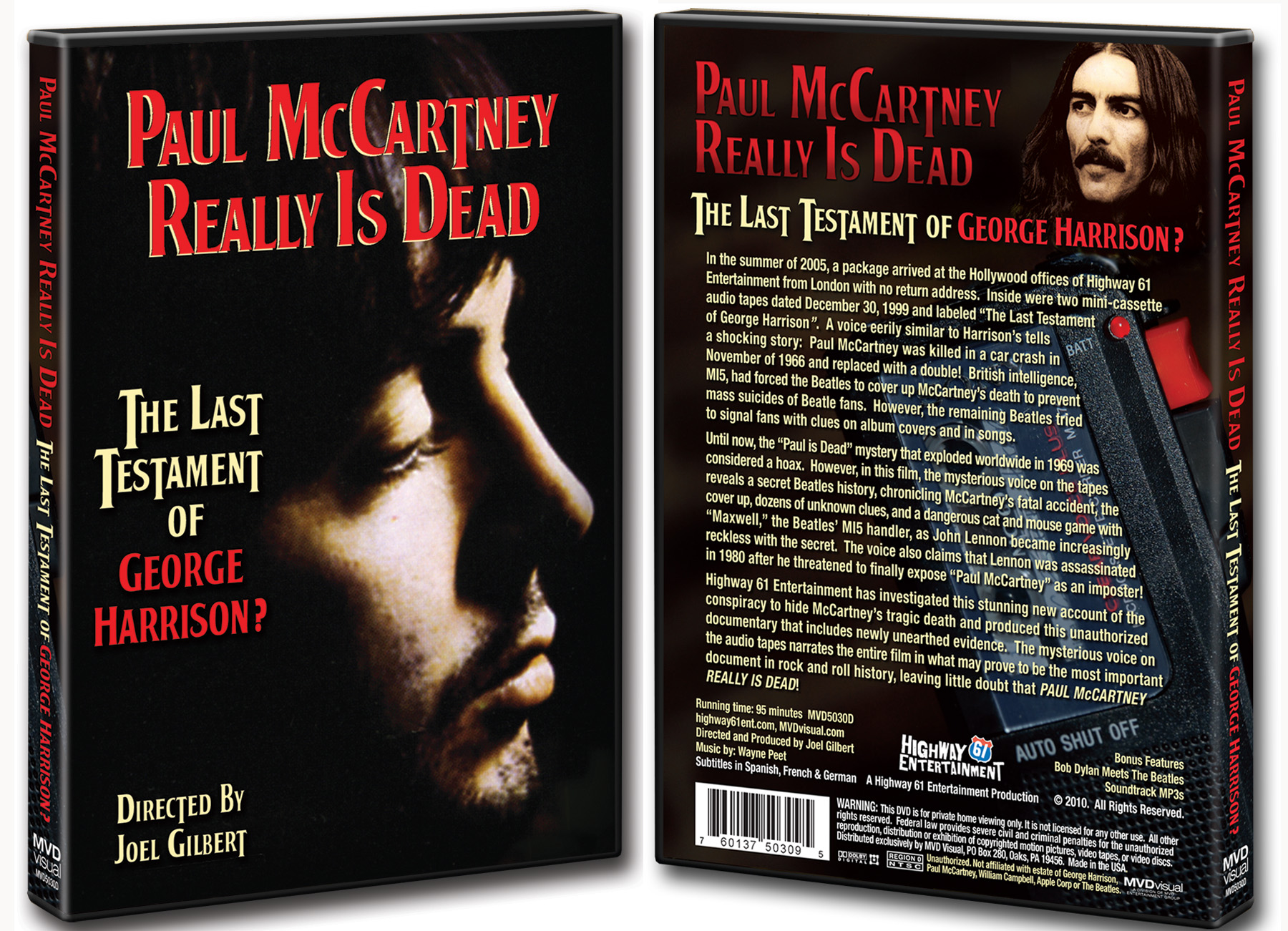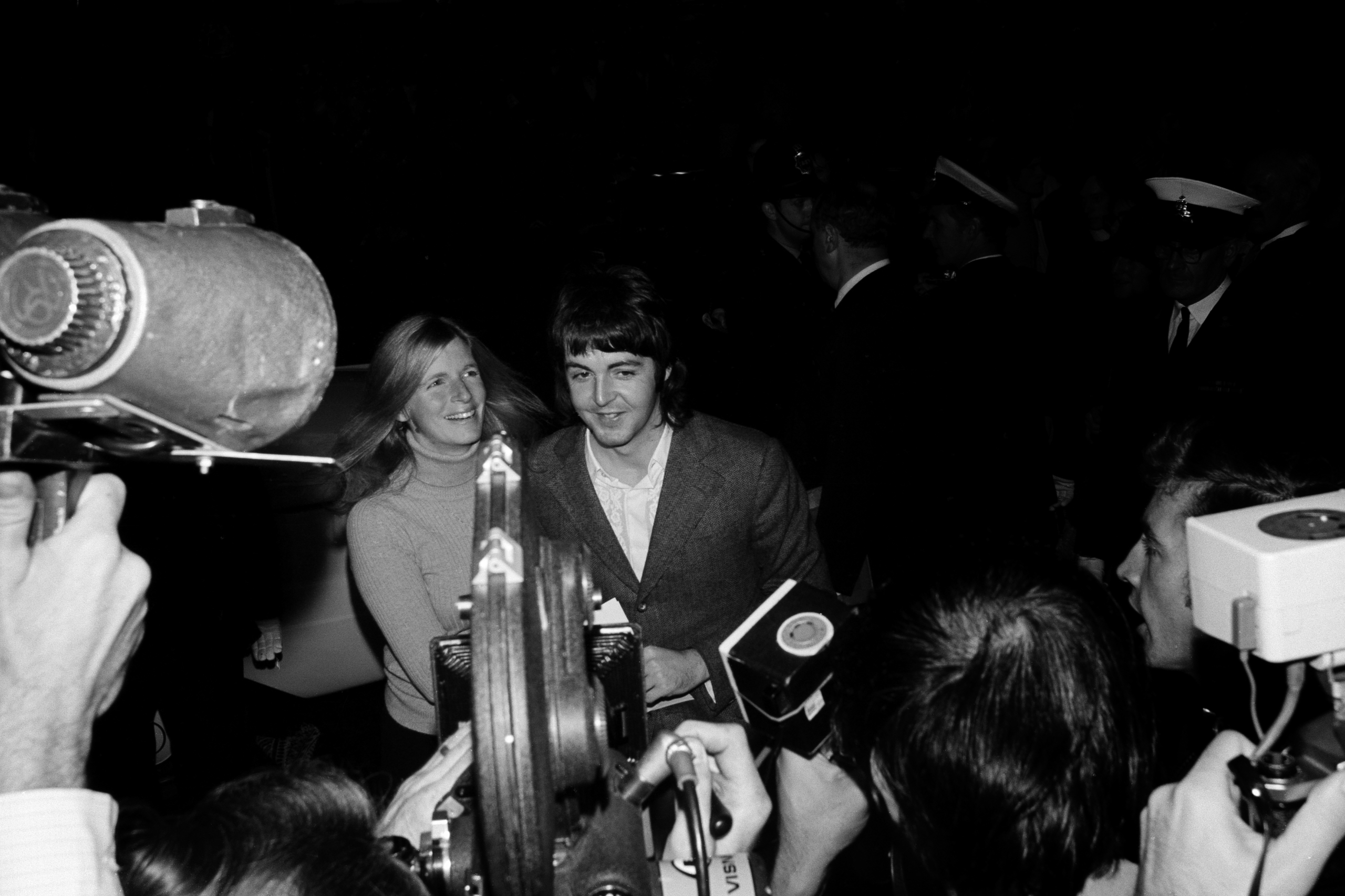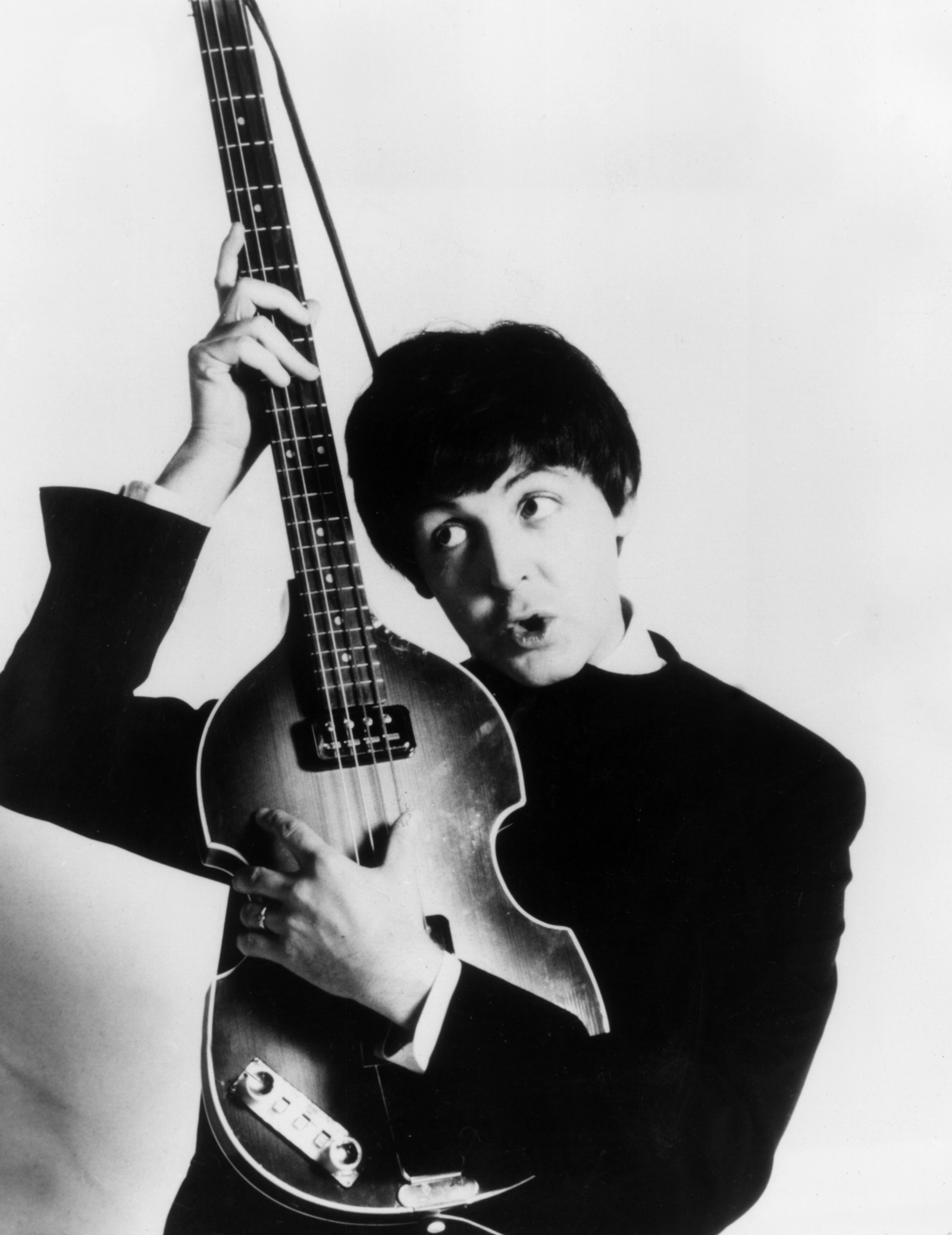Let's talk about one of the biggest music mysteries of all time: Paul McCartney is dead. Now before you freak out, let me clarify – this isn't real. But for decades, fans have been obsessing over clues, hidden messages, and strange coincidences that supposedly prove Beatle Paul kicked the bucket in the '60s. It's wild, it's wacky, and it's worth exploring. So grab your detective hat and let's dive into this crazy conspiracy theory.
This whole "Paul McCartney is dead" thing started back in the late '60s when college radio DJs began noticing weird stuff in Beatles songs. Like, super weird. Fans thought they heard secret messages, saw strange symbols on album covers, and connected random dots to create a narrative that Paul had died in a car crash and was replaced by a look-alike. Sounds crazy, right? But people ate it up like crazy.
Now, here's the thing: Paul McCartney is very much alive and still rocking out. He's one of the most iconic musicians of all time, with a career spanning over six decades. But the conspiracy theory surrounding his supposed death has become almost as legendary as the Beatles themselves. So why does this myth persist, and what does it say about our obsession with celebrity mysteries? Let's find out.
- Horoscope August 17 Your Zodiacs Big Day Revealed
- Uncovering The Secrets Of Search Company People A Comprehensive Guide
Table of Contents
Supposed "Clues" in Beatles Music
- Holly Halle The Rising Star In The World Of Fashion And Entertainment
- Abigail Roberts The Rising Star Redefining Hollywoods Landscape
Album Covers: Hidden Messages?
Media Coverage and Public Reaction
The Psychology Behind Conspiracy Theories
Impact on Paul McCartney's Career
Paul McCartney's Biography
Before we dive deep into the conspiracy, let's take a moment to appreciate the man himself. Paul McCartney was born on June 18, 1942, in Liverpool, England. He's one of the most influential musicians in history, known for his work with the Beatles and his solo career. But there's more to him than just music. Check out this quick bio:
Basic Information
| Name | Paul McCartney |
|---|---|
| Date of Birth | June 18, 1942 |
| Place of Birth | Liverpool, England |
| Occupation | Singer, Songwriter, Bassist |
| Years Active | 1957 - Present |
Paul's journey from a young boy in Liverpool to becoming a global superstar is nothing short of incredible. But somehow, somewhere along the way, people decided he wasn't really Paul anymore. Let's explore how this crazy idea took off.
The Origins of the Conspiracy
So how did this whole "Paul McCartney is dead" thing even start? Well, it all began in 1969 when a college radio DJ in Michigan named Russ Gibb got a call from a student claiming that Paul had died in a car crash in 1966. The caller said he'd been replaced by a look-alike named William Campbell, and the Beatles had been dropping hints in their music ever since. Sound legit? Not really. But the story caught fire like crazy.
Key Events That Sparked the Theory
- 1966: Alleged car crash that supposedly killed Paul.
- 1967: Release of "Sgt. Pepper's Lonely Hearts Club Band," which conspiracy theorists claim contains hidden messages.
- 1969: Rumors spread like wildfire after the mysterious phone call to Russ Gibb.
Back then, people didn't have the internet to fact-check stuff instantly. So when these rumors hit the airwaves, they spread like wildfire. Suddenly, everyone was looking for clues in Beatles songs and album covers. It was like a big game of "find the hidden message," except no one really knew what they were looking for.
Supposed "Clues" in Beatles Music
One of the most fascinating aspects of this conspiracy theory is the supposed "clues" hidden in Beatles songs. Fans went nuts trying to decipher lyrics, reverse playback tracks, and find hidden meanings. Here are some of the most famous ones:
Famous "Clues" in Beatles Songs
- "Revolution 9": When played backwards, fans claimed to hear "Turn me on, dead man."
- "Strawberry Fields Forever": John Lennon allegedly says "I buried Paul" at the end of the song.
- "I'm So Tired": Supposedly contains the phrase "The Walrus was Paul" when played backwards.
Now, here's the thing: most of these "clues" are either coincidences or misinterpretations. But back in the '60s, people didn't have the tools to debunk these claims easily. So the mystery grew, and fans kept digging deeper.
Album Covers: Hidden Messages?
Album covers became another playground for conspiracy theorists. Fans scrutinized every detail, looking for signs that Paul wasn't who he claimed to be. The most famous example is the "Abbey Road" cover, where Paul is the only one barefoot and out of step with the others. To some, this symbolized his death. Others pointed to the license plate on the car in the background, which read "LMW 281F." Supposedly, this stood for "Loved Ones Who?" or "Lives Matter What?" depending on how you squinted at it.
Of course, the Beatles themselves have denied all of this. But that didn't stop fans from speculating. In fact, it only fueled the fire. The more the band denied it, the more people believed there was something fishy going on.
Media Coverage and Public Reaction
The media had a field day with the "Paul McCartney is dead" theory. Newspapers, magazines, and radio shows all jumped on the bandwagon, giving the story even more exposure. Some outlets treated it as a joke, while others took it seriously. Either way, it became a cultural phenomenon that people couldn't stop talking about.
Public reaction was mixed. Some fans were outraged at the idea that their beloved Paul might be gone. Others found the whole thing hilarious and joined in on the fun. A few even started writing letters to Paul, demanding answers. Paul himself eventually addressed the rumors in interviews, calling them "silly" but acknowledging that they were "kind of fun."
Debunking the Myth
So, is there any truth to the "Paul McCartney is dead" theory? Spoiler alert: nope. Here's why:
- Paul McCartney has been alive and well since 1942. He's performed live, given interviews, and released music consistently over the years.
- The "clues" in Beatles songs and album covers are almost always coincidental or misinterpreted.
- There's zero evidence to support the claim that Paul died in a car crash or was replaced by a look-alike.
But just because it's not true doesn't mean it's not interesting. The fact that so many people believed in this theory says a lot about our tendency to find patterns where none exist.
The Psychology Behind Conspiracy Theories
Why do people believe in conspiracy theories like "Paul McCartney is dead"? Psychologists say it's because humans are wired to seek patterns and meaning in the world around them. When we encounter something mysterious or unclear, our brains try to fill in the blanks. In the case of the Beatles, fans were already primed to look for hidden messages because of the band's experimental approach to music and art.
Additionally, conspiracy theories often give people a sense of belonging. By believing in something that not everyone knows about, fans felt like they were part of an exclusive club. It's like being in on a secret that only the "cool kids" know about.
Impact on Paul McCartney's Career
Despite being completely false, the "Paul McCartney is dead" theory had a lasting impact on Paul's career. For one, it kept the Beatles in the public eye long after they'd broken up. It also added an air of mystery to Paul's persona, which some argue helped him stay relevant in the music industry.
Paul himself has taken the whole thing in stride, often joking about it in interviews and even referencing it in his music. In fact, he once said that if he ever did die, he hoped people would think it was just another hoax.
Modern-Day Take on the Theory
Fast-forward to today, and the "Paul McCartney is dead" theory still pops up from time to time. With the rise of the internet, it's easier than ever for conspiracy theories to spread. But it's also easier to debunk them using reliable sources and critical thinking.
That said, the theory remains a fascinating example of how people can create elaborate narratives out of thin air. It's a reminder that sometimes, the truth is stranger than fiction – or at least as entertaining.
Conclusion
So there you have it: the wild and wacky world of the "Paul McCartney is dead" conspiracy theory. While it's not true, it's certainly entertaining. It shows how far people will go to uncover hidden truths and how our brains love to find patterns, even when there aren't any.
Paul McCartney is very much alive and continues to inspire fans around the world. But maybe that's part of the magic – the idea that someone as legendary as Paul could inspire such wild speculation speaks to his lasting impact on music and culture.
What do you think about the "Paul McCartney is dead" theory? Let me know in the comments below. And if you enjoyed this article, don't forget to share it with your friends. Who knows? Maybe you'll start a new conspiracy theory of your own!
- Corpus Christi Remains The Mystical Journey Through Time And Faith
- Melania Trump Hat The Ultimate Fashion Statement


